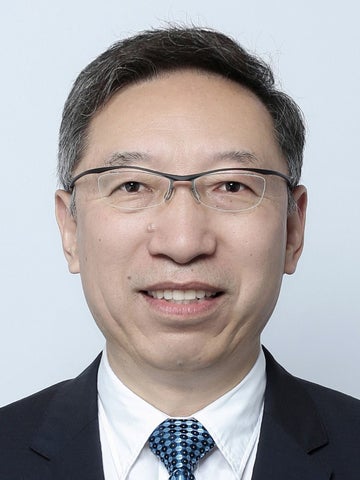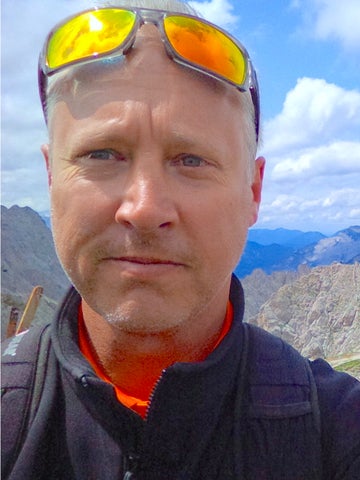Royal Society of Canada honours Jonathan Li and Daniel Scott as 2023 Fellows
The Royal Society of Canada welcomes new fellows and members from Waterloo to the 2023 class of the RSC College
This story was released by University Relations. Please find the full story on Waterloo News.
Founded in 1882, the Royal Society of Canada (RSC), also known as the Academies of Arts, Humanities and Sciences of Canada, recognizes excellence, advises the government and promotes a culture of knowledge and innovation with other national academies around the world. In 2014, the RSC then established the College of New scholars, Scientists and Artists.
Each year, the RSC and its members elect their new cohorts — fellows of the RSC and members of the RSC College — who are recognized for their outstanding scholarly, scientific and artistic achievements. Five new fellows and four new RSC College members from the University of Waterloo are among other Canadian researchers elected today.
“Congratulations to the University of Waterloo’s 2023 Royal Society of Canada College Members and Fellows. We are proud of your significant achievements, testament to your high-calibre research and leadership in your respective disciplines,” says Dr. Charmaine Dean, vice-president of Research and International at Waterloo. “This year we are recognizing an outstanding group of researchers whose work spans cyber security, artificial intelligence, understanding societal change, health, robotics, materials research for energy, with substantive impacts to this research in areas related to climate and sustainability. We are also so proud of the recognition of the work on the Black and Free research projects.”
Waterloo is proud to host the RSC for the 2023 Celebration of Excellence and Engagement conference this November when the official induction ceremonies will be held.
Congratulations to Waterloo Climate Institute members Johnathan Li and Daniel Scott who will be joining the incoming cohort of the RSC fellows of the RSC College.

Johnathan Li
Jonathan Jun Li is a professor of geomatics in the Department of Geography and Environment Mangement and cross-appointed at the Department of Systems Design Engineering. As a 2023 fellow of the RSC Academy of Science, he is recognized for his pioneering contribution to pointgrammetry and remote sensing with his developed technologies of the AI-based creation of high-definition maps using high resolution earth observation images and mobile laser scanning point clouds.
Li is a founding member of the Waterloo Artificial Intelligence Institute, the Waterloo Climate Institute, and the Waterloo Water Institute. Li is also the founder and head of the Geospatial Intelligence and Mapping (GIM) group since 2007. The GIM group develops and commercializes innovative sensing techniques and analytics methods for analyzing, visualizing and applying geospatial data.
Since 2021, Li has been identified the top two per cent of scientists worldwide in two areas: Geological and Geomatics Engineering, and Artificial Intelligence and Imaging Processing. He then became the president-elect of the Canadian Institute of Geomatics (2021-2023) and the editor-in-chief of the International Journal of Applied Earth Observation and Geoinformation.

Daniel Scott
Daniel Scott is a professor and research chair in the Department of Geography and Environmental Management. Scott has worked extensively on sustainable tourism for 20 years, with a focus on the transition to a low carbon tourism economy and adaptation to the complex impacts of a changing climate.
From 2021 to 2022, Scott was ranked in the world top 300 climate scientists by Thomson Reuters, now known as Clarivate Analytics. Now, Scott is recognized as part of the top one per cent and one of the most cited scientists in his field. His publications have been downloaded more than a half million times and have been featured in many leading media outlets, including the New York Times, The Economist, Washington Post, The Times, National Geographic and many others.
Scott has been an advisor and project leader for a wide range of government agencies and tourism organizations around the world. He has also been a contributor to the UN Intergovernmental Panel on Climate Change, Third, Fourth, Fifth and Sixth Assessments and their 1.5 degree Celsius special report.